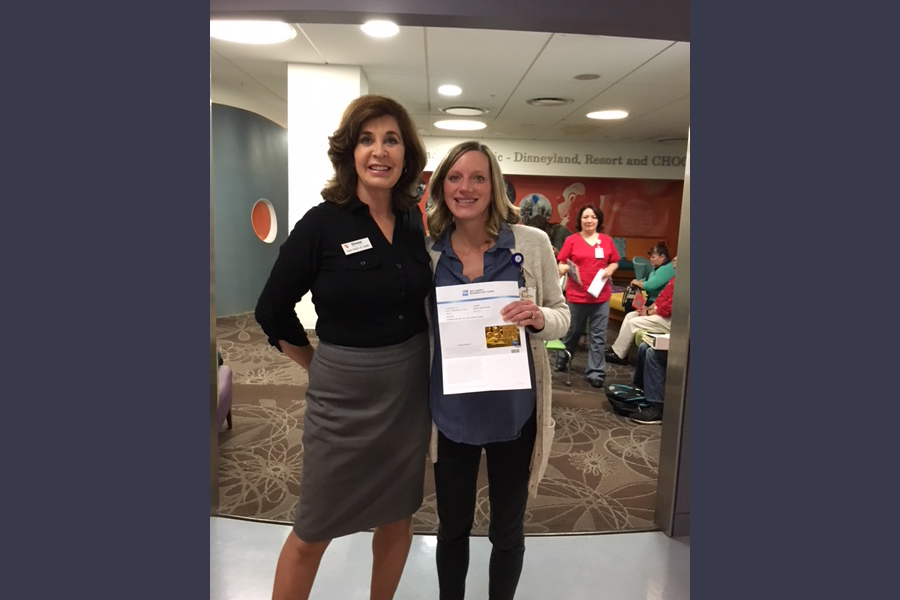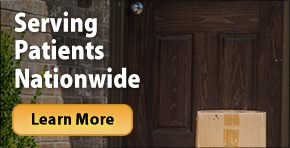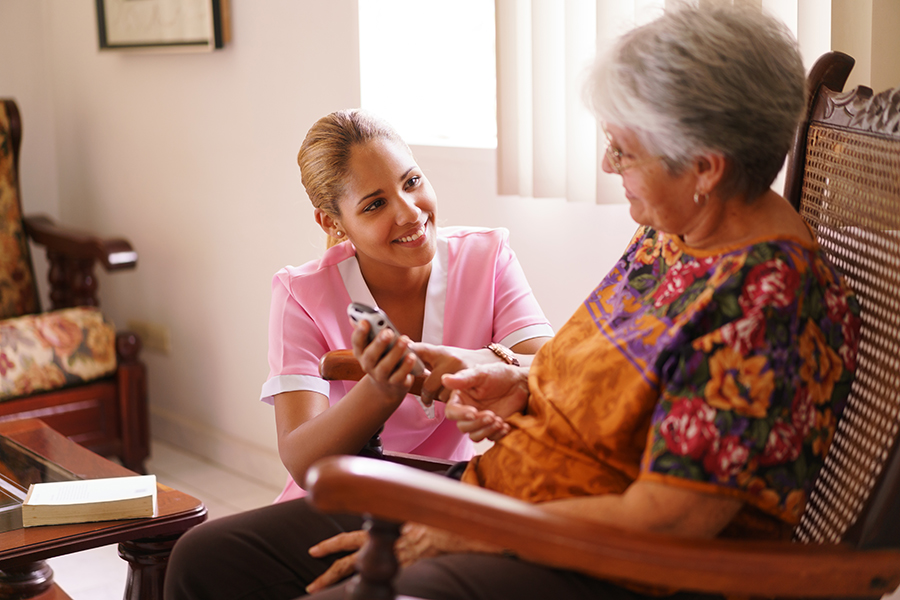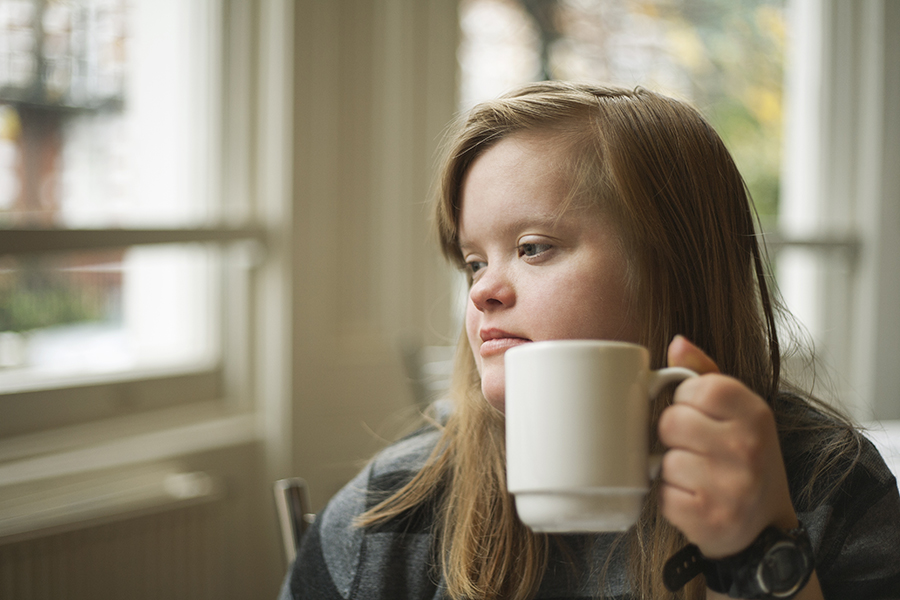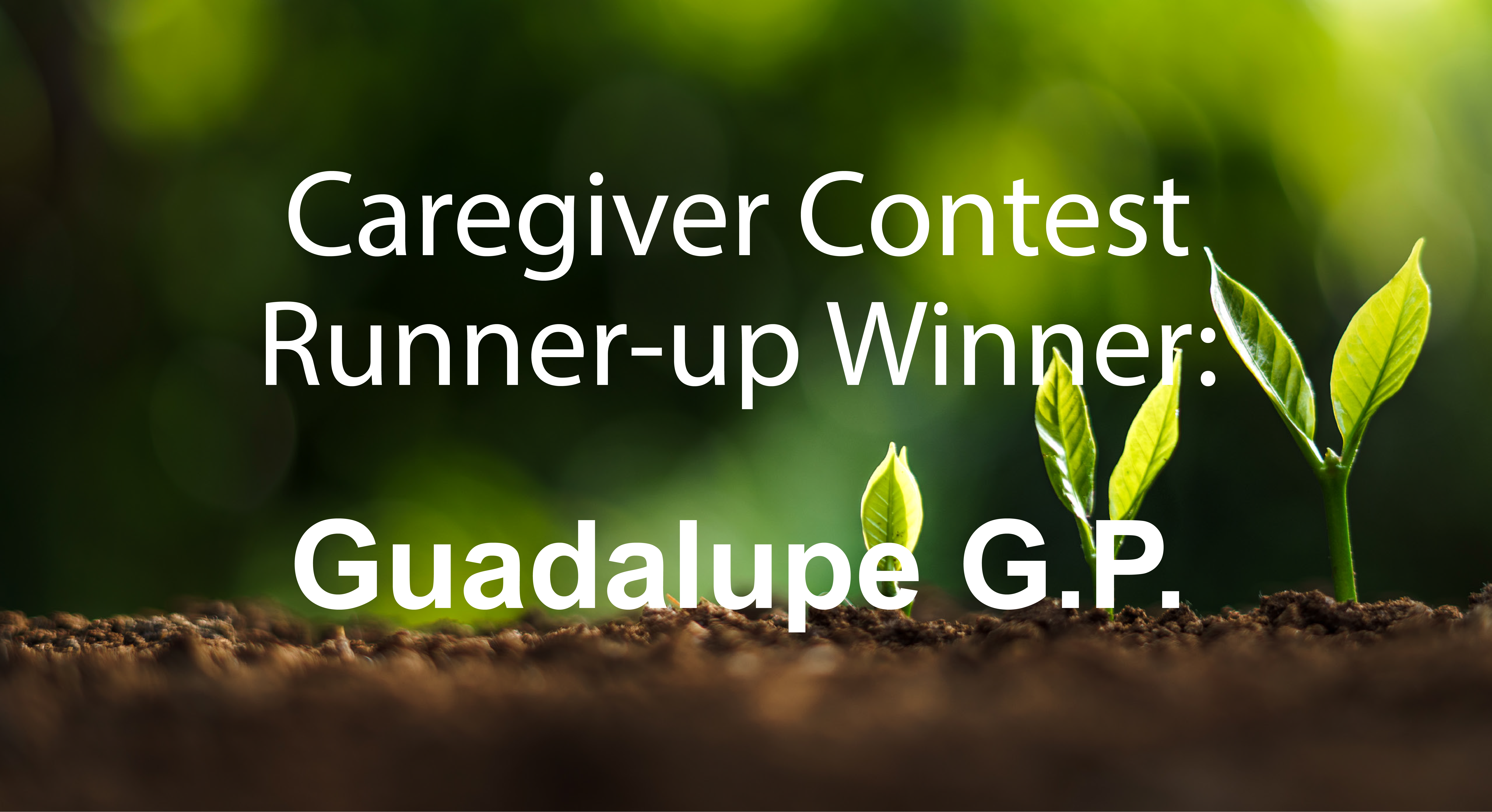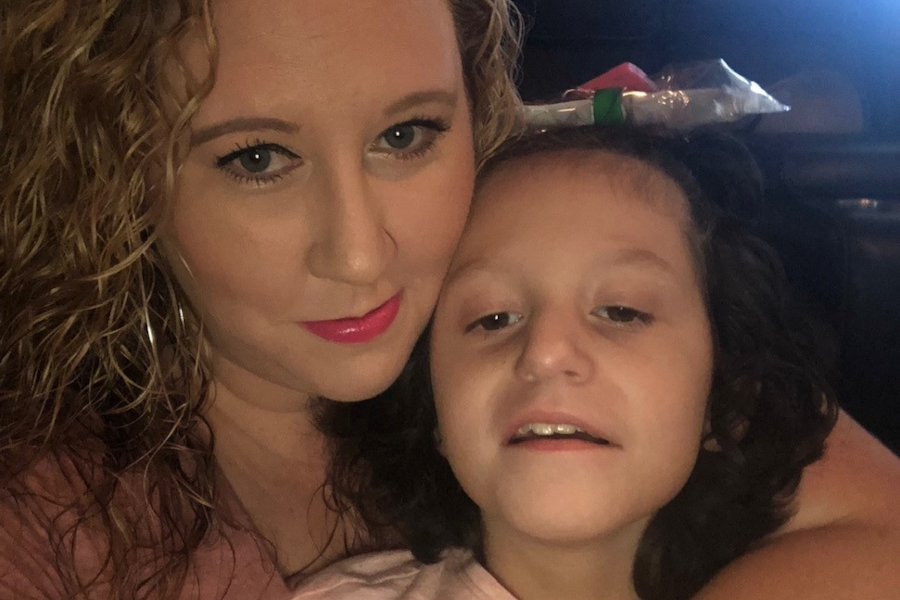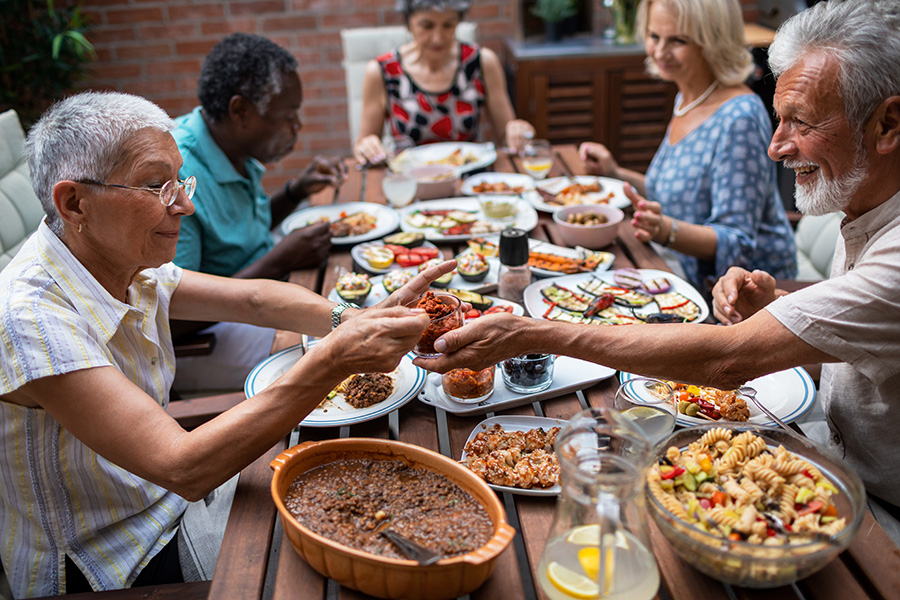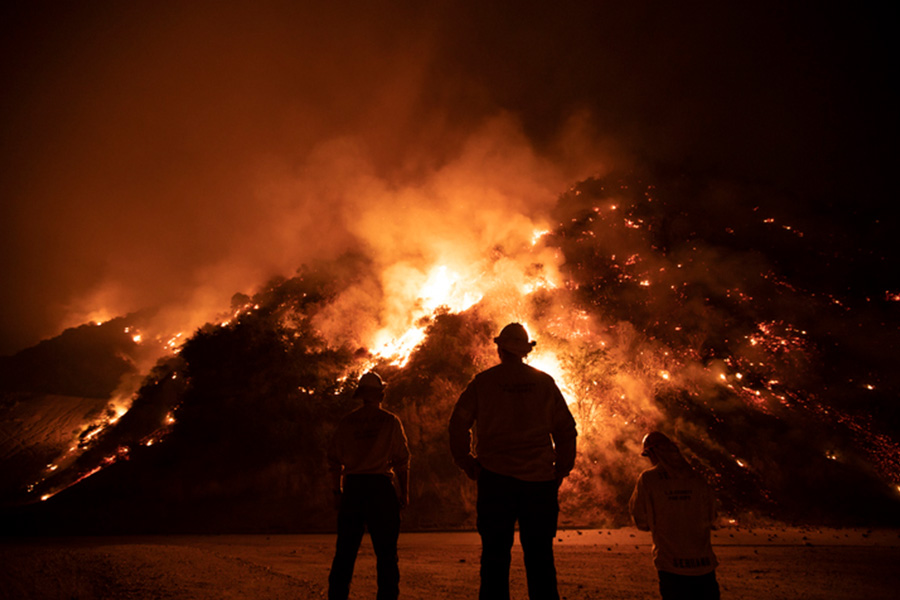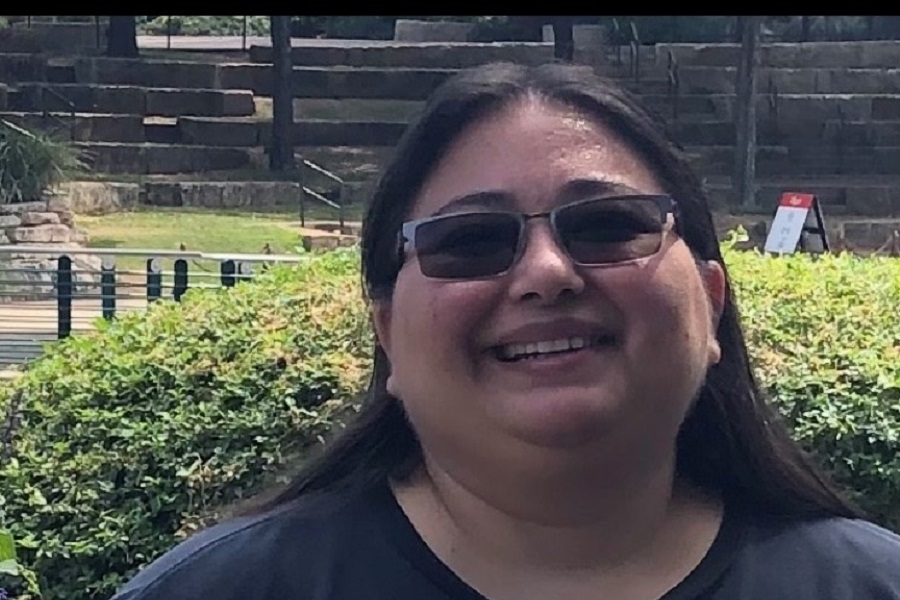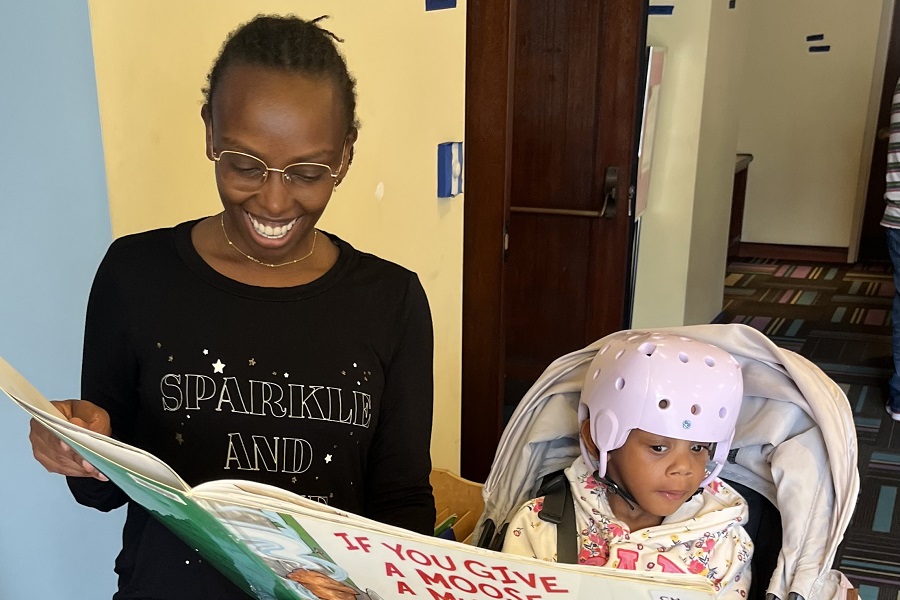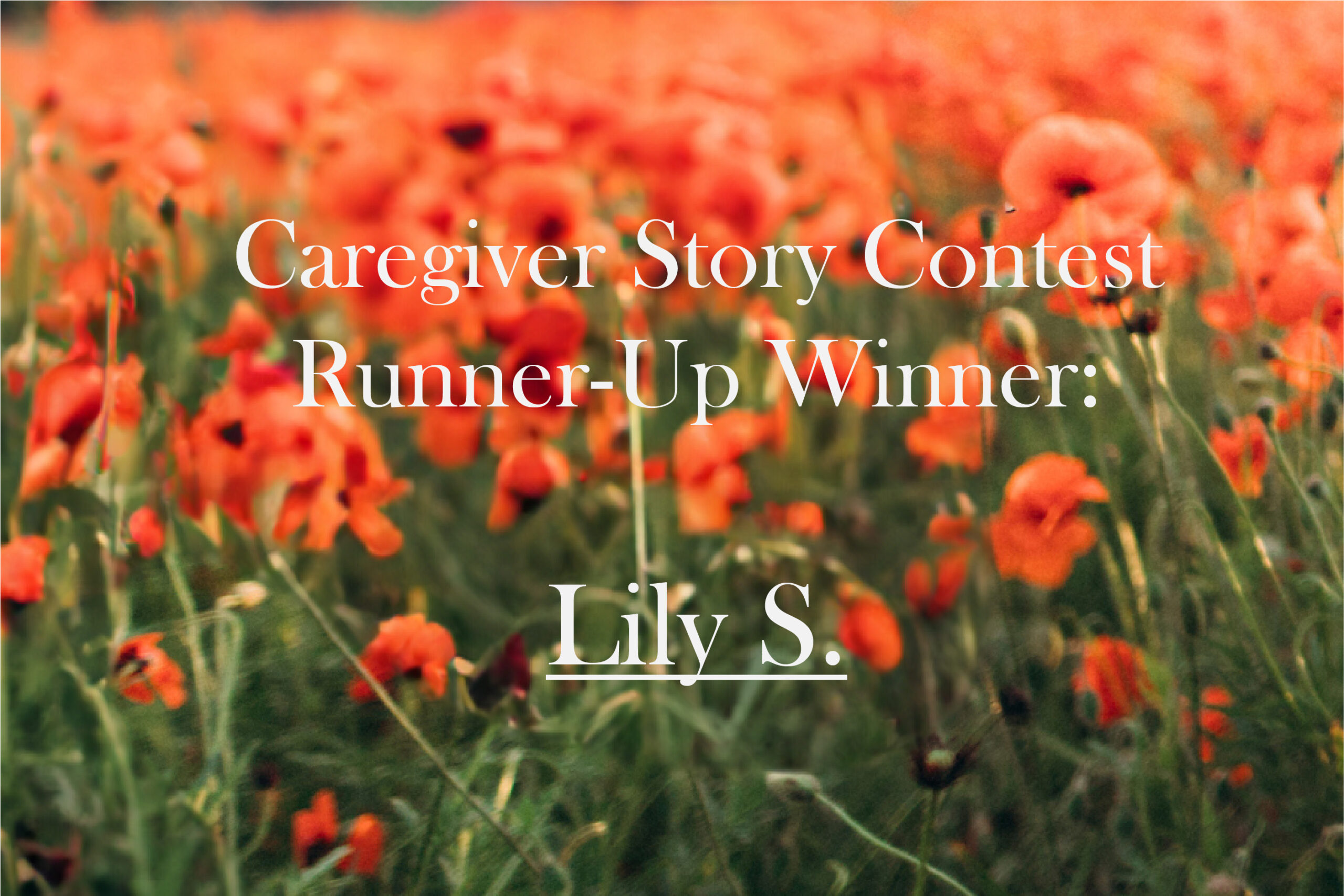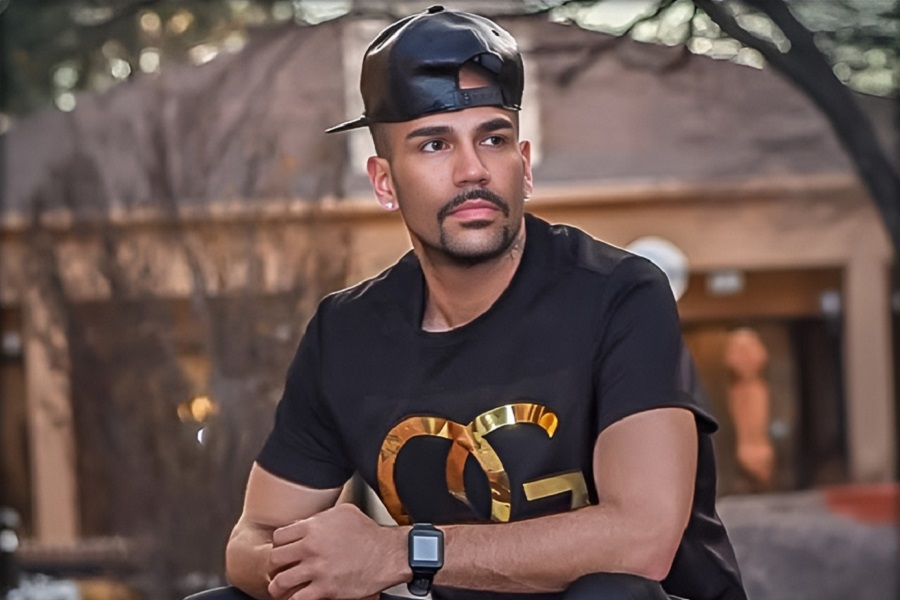Lindsay M. is from California. She is pictured above (right) with one of Shield HealthCare’s representatives, Susan. Bio of her coming soon.
What advice would you give a fellow caregiver?
A little over 5 years ago I was working on a medical surgical floor at a pediatric hospital when a six-month-old named “Billy” came in with a devastating medical condition. The patient was placed on hospice service and, since I had previous experience with hospice patients, I was assigned to him on a regular basis. There were many different changes in care, medications tried, family meetings, ethical consults, but no change in the outcome. The family was very frustrated and devastated as his condition worsened but every day we would walk through the plan of care for that morning and go over any questions or concerns. After about four months I came into work to get my assignment and I received an overhead page from the patient’s room. The mother had wanted me to come in because she was concerned that Billy was no longer breathing. Upon entering the room, it was clear that Billy had passed. I sat down with mom and explained that I was going to listen for a heartbeat but I believed this was it. After confirming that Billy had passed, I sat with the mother, helped her give Billy his last bath and called the chaplain per mom’s request. The mother thanked me over and over again for the hard work and dedication to them. After the family left, my day continued on as normal: call lights, assistance, medication passes, staffing, etc., and I did not have time to absorb what had occurred and felt overwhelmed by the end of my shift. That night driving home it hit me that I would no longer be caring for Billy and his family. I started to reflect on the last conversation that took place right before the family left. Instead of me just offering condolences and seeing what recourses would be helpful for bereavement or support, they spent the entire time thanking me for my time and efforts. That is when I realized, this is why I love being a nurse. I was able to be with a family during their most vulnerable period and help them to understand what was happening to their child. It also occurred to me that the other patients I cared for that day were not receiving my full attention because I was overwhelmed and distracted from not being able to process my thoughts first thing that morning.
This day was a turning point in my career. I realized that it is so easy when you are a caregiver to get busy and forget to take time for yourself or to reflect on what is going on throughout the day. How can you be a great caregiver and love your job if you are not practicing self-care yourself? I came up with some guidelines for myself to help prevent further burnout and I hope they can helpful to others as well:
1. “The Buddy System.” It is important to have someone you feel comfortable talking to and sharing your thoughts or feelings with. As a caregiver you are pulled in many directions and have to manage multiple scenarios you do not always agree with, having someone to help you through this is so important.
2. “Remember to Breathe and Reflect.” If a critical event happens, or you are feeling overwhelmed; it is crucial to request a short break or ask for assistance. It is necessary to allow yourself to process what is going on so you can be 100%.
3. “Knowledge is Fundamental.” Healthcare is ever- expanding and exciting. Maintaining educational requirements and certifications can be invigorating. This reduces any boredom and presents you with new and fun challenges.
I strive to always remember that families appreciate your time, commitment, and effort and sometimes those can be more important than the actual medical outcome, as it was with Billy and his family. We cannot control how people respond in stressful situations but the guidelines above have helped me tremendously.
Click here to return to the contest home page and read more winners’ advice.
Winners were selected by a panel of independent judges, including: Sandra Mitchell, Award-winning KCAL 9 news anchor and breast cancer survivor, and the Landers family: actor and comedian David Landers (“Laverne & Shirley”) who is living with MS, his wife Kathy and his daughter Natalie (“The Middle”). Click here to learn more.






